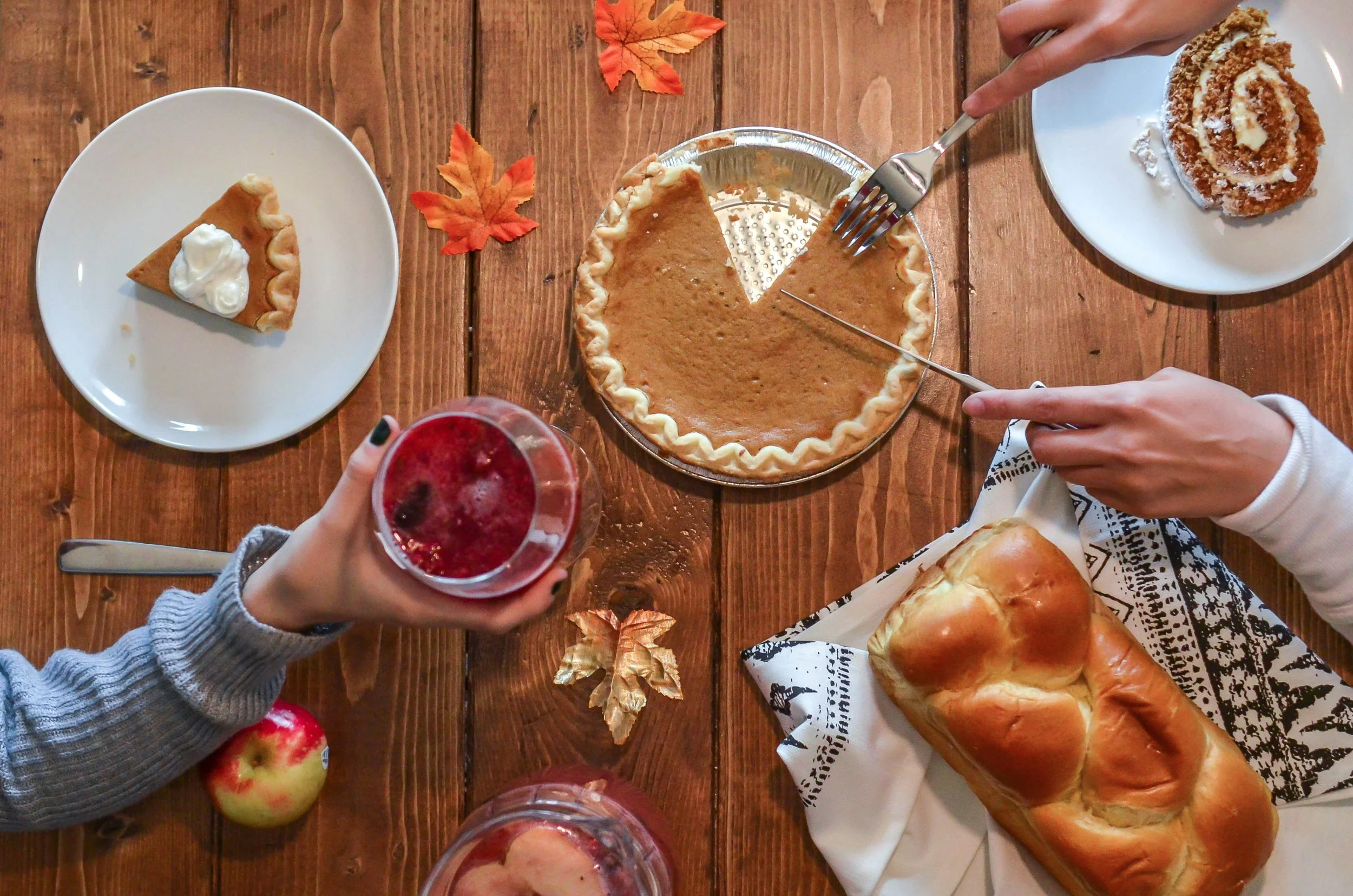Navigating Difficult Family Relationships During the Holidays: Strategies for Peace and Boundaries
The holiday season is often portrayed as a time of joy, togetherness, and celebration. But for many people, it also brings stress, anxiety, and emotional strain—especially when difficult family relationships are involved. Whether you're dealing with toxic relatives, unresolved conflicts, or strained communication, learning how to navigate family dynamics during the holidays is essential for protecting your mental health and enjoying the season. In this guide, we’ll explore practical strategies for managing challenging family interactions, setting healthy boundaries, and prioritizing emotional well-being.
If you or a loved one is seeking support navigating family relationships and/or conflicts during the holiday season, call NJCCBT today at 201-669-1369 x1 to learn more about our services.
Why the Holidays Can Trigger Family Tension
The holidays often come with high expectations—perfect meals, harmonious gatherings, and joyful traditions. But when family relationships are strained, these expectations can quickly lead to disappointment and conflict.
Common reasons for holiday family tension include:
Unresolved past conflicts resurfacing
Differing political or religious views
Pressure to conform to family traditions
Emotional triggers tied to childhood experiences
Grief or loss during holiday milestones
Recognizing these triggers is the first step toward managing them effectively.
Setting Boundaries With Family During the Holidays
Boundaries are essential for maintaining emotional safety. Whether you're visiting family or hosting them, it’s okay to set limits on what you’re willing to tolerate.
Tips for setting boundaries:
Decide in advance how long you’ll stay or participate
Communicate your needs clearly and respectfully
Avoid topics that consistently lead to conflict
Create exit strategies if conversations become overwhelming
Practice saying “no” without guilt
Remember: boundaries aren’t about punishment—they’re about self-care.
If you’ve read this far, you may want to speak with an expert. Contact North Jersey Center for CBT today for a complimentary consultation or to schedule an appointment with a therapist. Call 201-669-1369 or click the button below to get started.
How to Prepare Emotionally for Family Gatherings
Preparing emotionally can help you stay grounded during tense moments. Consider these strategies:
Journal your thoughts and expectations before the event
Practice mindfulness or breathing exercises
Talk to a therapist or trusted friend beforehand
Visualize how you’ll respond to triggering situations
Bring comfort items or distractions (books, headphones, etc.)
Use the “Cope Ahead” DBT Skill to Plan for Stressful Moments
One powerful tool from Dialectical Behavior Therapy (DBT) is the Cope Ahead skill. This technique helps you mentally rehearse how you’ll handle a difficult situation before it happens—perfect for anticipating holiday stress.
Here’s how to use Cope Ahead:
Identify the situation you expect to be challenging (e.g., dinner with a critical relative).
Visualize the scenario in detail, including what might be said or done.
Imagine yourself coping effectively—using calm body language, assertive communication, or walking away if needed.
Rehearse your coping strategies mentally or out loud.
Affirm your ability to handle the situation with strength and grace.
Practicing Cope Ahead can reduce anxiety, increase confidence, and help you stay regulated when the moment arrives.
Dealing With Toxic Family Members During the Holidays
If you’re dealing with toxic family members—those who are manipulative, abusive, or consistently disrespectful—it’s important to protect yourself.
Survival strategies include:
Limiting contact or choosing not to attend
Sticking to neutral topics and avoiding personal disclosures
Bringing a supportive friend or partner to gatherings
Practicing assertive communication
Knowing when to walk away
You don’t owe anyone your peace of mind. Prioritize your safety and well-being.
Creating New Holiday Traditions That Feel Safe and Joyful
You don’t have to follow the same traditions year after year—especially if they cause stress. Creating new rituals can bring joy and healing.
Ideas for alternative traditions:
Host a “Friendsgiving” or holiday brunch with chosen family
Volunteer at a local shelter or food bank
Take a solo trip or staycation
Celebrate with virtual gatherings or group chats
Create a gratitude journal or memory box
New traditions can help you reclaim the holidays on your own terms.
When to Seek Professional Support
If family dynamics are causing significant distress, therapy can offer tools and support. A licensed therapist can help you:
Process emotional triggers
Develop communication strategies
Set and maintain boundaries
Heal from past trauma
Final Thoughts: You Deserve Peace This Holiday Season
Navigating difficult family relationships during the holidays isn’t easy—but it is possible. By setting boundaries, preparing emotionally, and using DBT skills like Cope Ahead, you can protect your mental health and find moments of joy. Whether you’re spending the season with family, friends, or solo, remember: your well-being matters.
If you or a loved one is seeking support navigating family relationships and/or conflicts during the holiday season, call NJCCBT today at 201-669-1369 x1 to learn more about our services.

